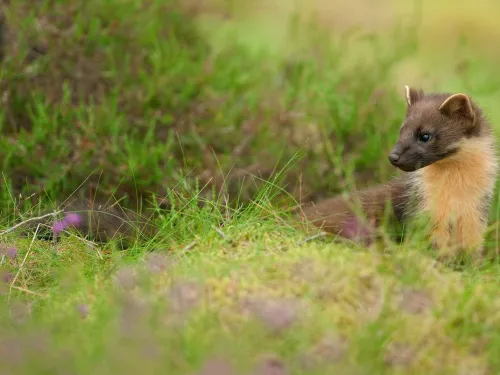
South East Pine Marten Restoration Project
Kent Wildlife Trust and Wildwood Trust, in collaboration with Sussex Wildlife Trust, Ashdown Forest and Forestry England, are assessing the possibility of restoring pine martens to the South East.
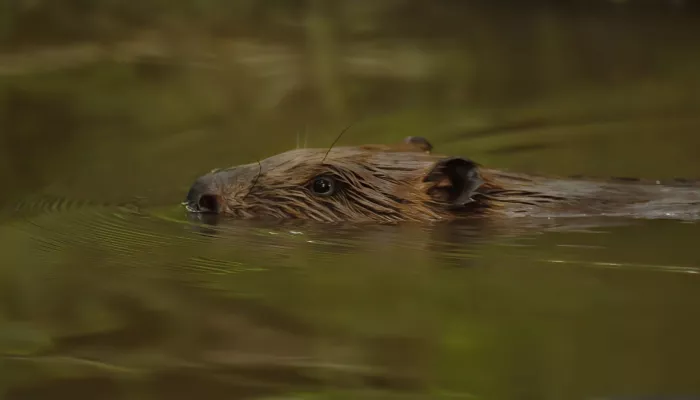
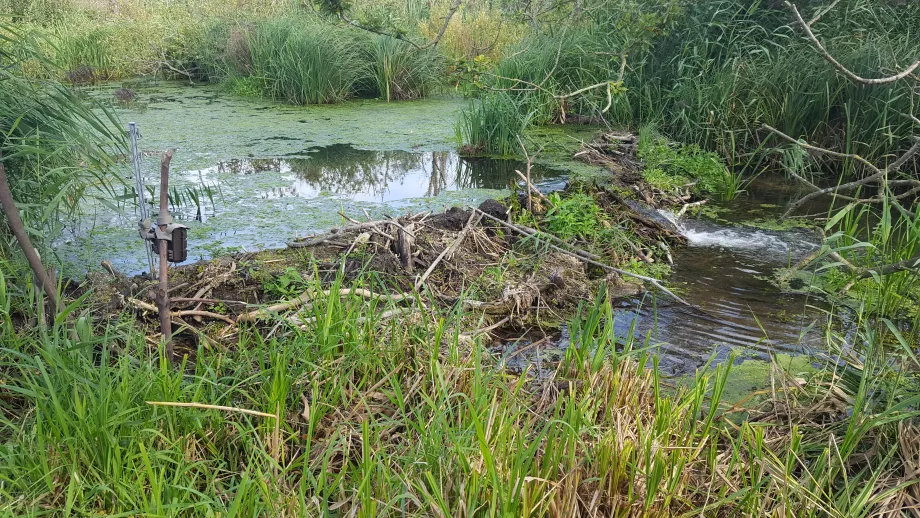
Beaver dam at Ham Fen
The natural habitats that surround us, and the species thriving within them, are the result of evolution that has taken place over millennia. Each species fills an ecological niche; they have unique traits that enable specific natural processes to take place.
Ever since humans began to domesticate species (such as pigs and cows), they were corralled onto grass, away from their original habitat, so they could grow quickly. Other species were hunted to extinction like elk, bison and beaver. This left gaps in the ecosystem; key species were no longer filling their niche.
By reintroducing native species to our landscape, we are restoring crucial ecological processes, rebuilding our environment and reversing the harm we have done to wildlife. This in turn makes our landscapes more resilient to climate change and provides people with an exciting new experience of nature.
Support this crucial work and help us return missing species
At Kent Wildlife Trust, we aim to tackle the climate and nature crises in tandem. After all, restoring biodiversity directly increases our society's resilience to climate change.
Our Wilder Grazing Strategy focuses on returning the activities of wild mega-herbivores to our land management work. This is because their behaviours include dunging, seed dispersal, bark stripping and scrub removal which have benefits for biodiversity.
Kent Wildlife Trust’s Wilder Grazing strategy utilises mixes of old breeds of grazing, browsing and rootling animals across all habitats to mimic lost wild grazing assemblages and restore natural processes in a way that cannot be achieved by human management alone.
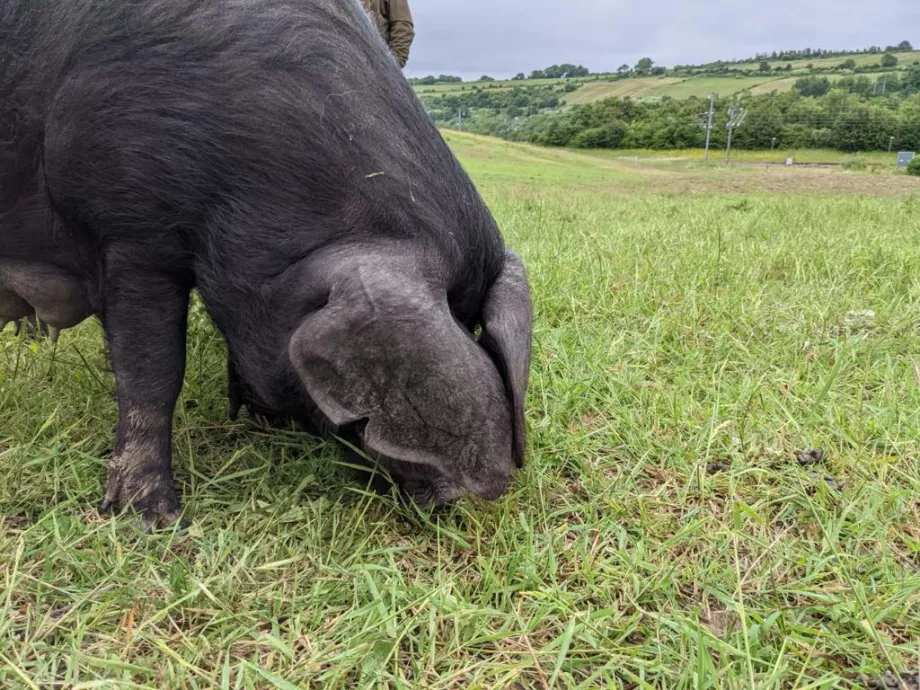
Many plants, insects and birds rely on disturbed ground to survive. In fact, farmers are often encouraged to use tractors to create suitable habitat for species such as corncockles, predatory spiders or turtle doves.
Pigs are able to do this job for us. In fact, it is natural for them to do so. Pigs eat the roots of aggressive plants so rare species can grow and their rootling activity creates patches at different stages of regrowth which extends the nectar season – fantastic for biodiversity.

Kent Wildlife Trust and Wildwood Trust, in collaboration with Sussex Wildlife Trust, Ashdown Forest and Forestry England, are assessing the possibility of restoring pine martens to the South East.
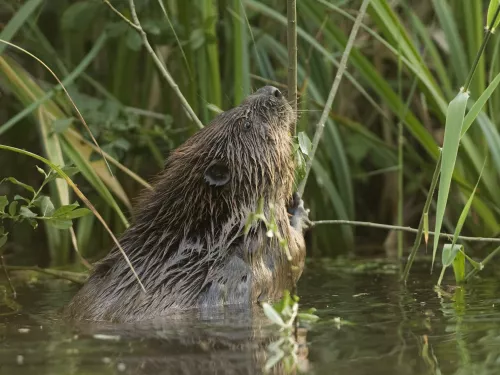
Find out about beavers in Kent and how they are making a comeback thanks to work from Kent Wildlife Trust and partners including the Environment Agency, Natural England, Wildwood Trust and more.
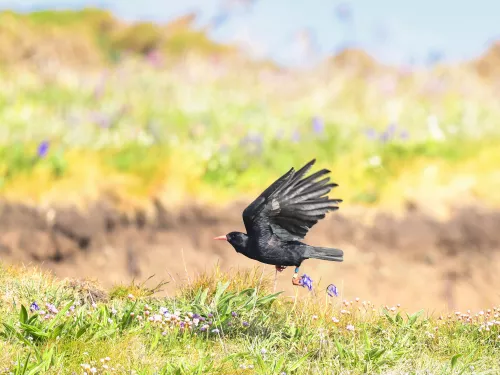
Read about the activities being undertaken by Kent Wildlife Trust and Wildwood Trust to return this iconic species.